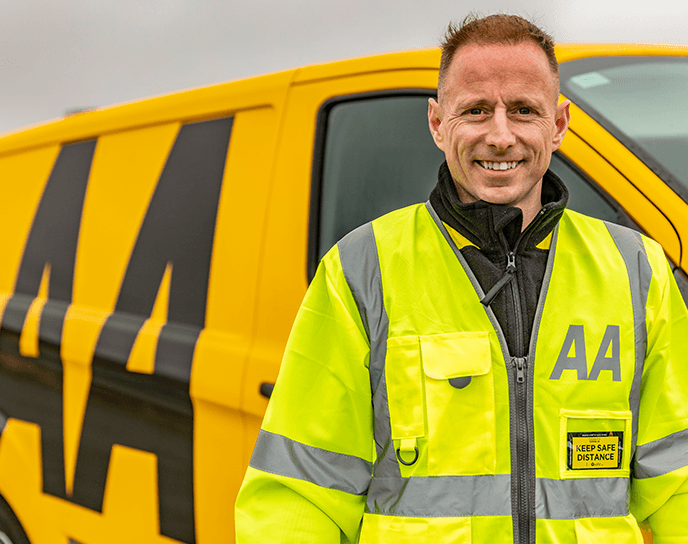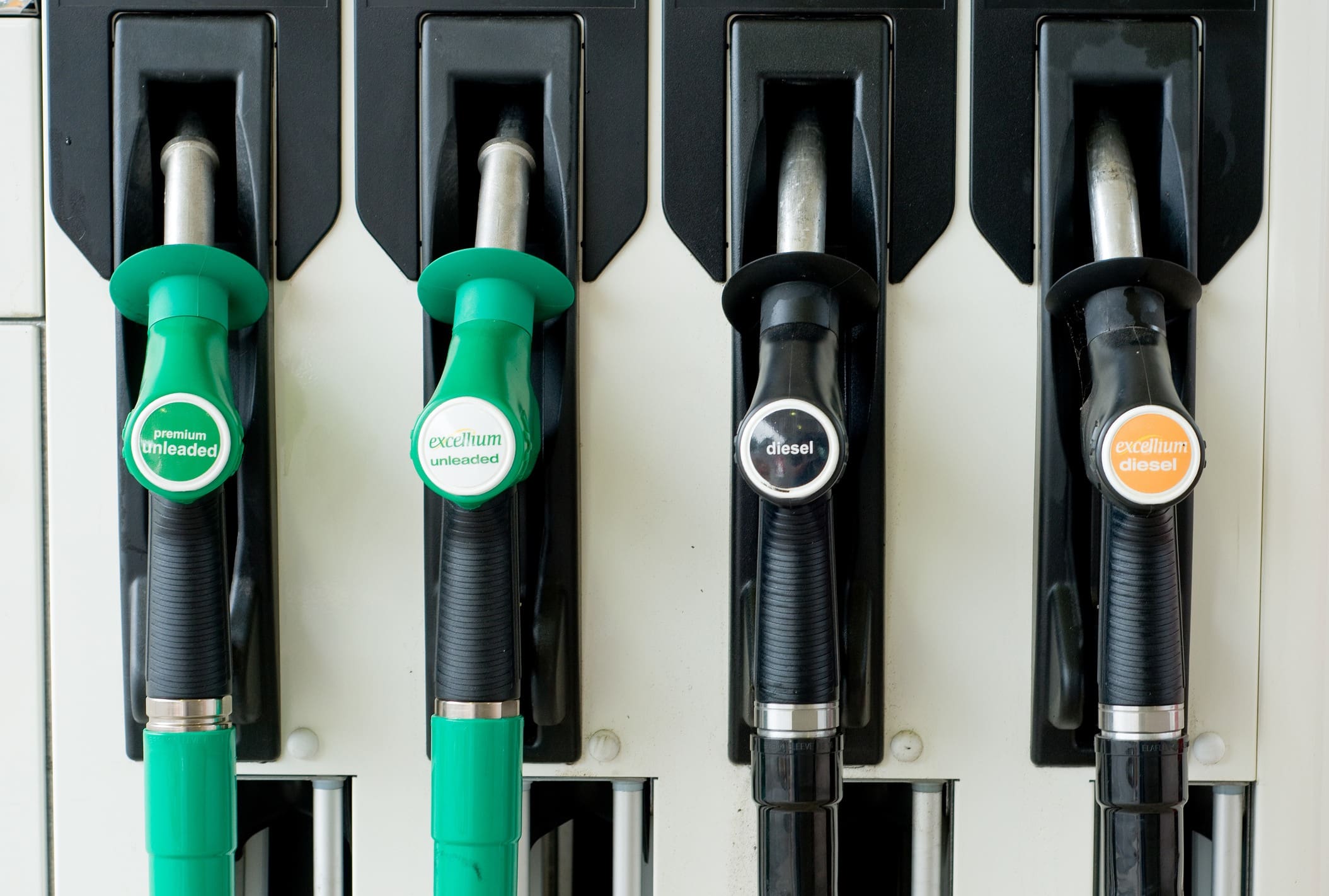Scrapping windscreen discs and substituting with number-plate recognition technology is the way we need to go, writes Conor Faughnan.
Have a look at your windscreen. You are obliged by law to find space on it for the most wasteful and counter-productive pieces of paper imaginable: the tax, insurance and NCT discs.
Those discs have literally become worse than useless. In years gone by, they may have been a reasonable way to prove that your car was compliant but ever since we have had colour printers they are a fraudster’s charter.
It is almost comically easy to print a passable fake that will pass the ‘garda torch test’, which is as close as they ever get to real scrutiny.
There are just under 2.5 million vehicles on Irish roads that between them display approximately 6.5 million paper discs. The most conservative estimate of the cost of producing and posting these discs and the administration behind chasing them is €10 million annually.
For all it achieves we would be as well off making a pile of fivers the height of the Poolbeg chimneys and setting fire to it every year (literally – €10 million in fivers is 200 metres tall).
Since the start of the year, there has been a lot of attention on the rising cost of car insurance. There are a number of reasons why that is happening but one thing that we do know is that fraud is adding a minimum of €40 to the cost of an average policy.
We may not be able to eradicate fraud but at least we can make it difficult. We want to see the discs removed, as has been done in the UK, and replaced with a database look-up system and the provision of ANPR technology (automatic number-plate recognition) for the gardai.
That is not as complicated as it sounds. At the moment, there are 136 Garda Traffic Corps vehicles and 80 per cent of them they are equipped with ANPR.
They use optical character recognition and can read six number plates per second on vehicles travelling up to 180kmh. They are deployed in every garda division and work impressively well.
The cost of the equipment purchased so far is a little over €6 million. That’s a relatively footling amount, given how effective they can be.
We are familiar with the technology elsewhere. Every time you pass the M50 toll, your number plate is read. I know of no good reason why untaxed or uninsured cars should not be immediately notified to the Garda.
There are also simpler solutions that would work right now with minimal investment. The AA, and plenty of others, have a service whereby you can key in a number and immediately get the basic history of the car.
The National Vehicle and Driver File is maintained by the Department of Transport at its facility in Shannon.
It contains the details of every registered vehicle and all of Ireland’s 2.6 million licensed drivers. We all use that database every time that we tax a car and, as the department notes with pride, it collects in excess of €1 billion annually.
It is relatively simple to construct a system whereby a Garda can point a smartphone at a registration plate or key in a number and immediately see whether or not a car is taxed or has a valid NCT.
The paper tax disc was abolished in the UK in October of last year. Most Australian states have done the same thing or are in the process of doing so. So too are some American states.
Across Europe, the rules differ but around the globe everyone, bar ourselves, is moving away from paper. Not a great boast for a country that claims to be Europe’s technology hub.
Checking its insurance status is a little more complicated but not much. At the moment, Insurance Ireland has a data-sharing protocol and a system that is already available to the Garda, which will show not only whether a car has insurance but who is covered to drive it.
This has been tried already but unfortunately they made rather a bags of it. The database was so riddled with imperfections that it produced a ludicrous amount of ‘false positives’ and the Garda had to stop using it.
The AA is convinced that with a bit of determination and very, very little of that €1 billion collected they can get it right. Hand-held ANPR devices i.e phones, should be in the pocket of every serving member of An Garda Siochana.
So we want Government to do just that. I have spent much of this year so far engaged with insurers and with the Government on the current major problem of rising insurance costs.
Let’s not waste a good crisis – fraud has been with us for a long time but there is little point bemoaning expensive insurance unless we start by fixing what can be fixed straight away.
Conor Faughnan is Director of Consumer Affairs, AA Ireland









